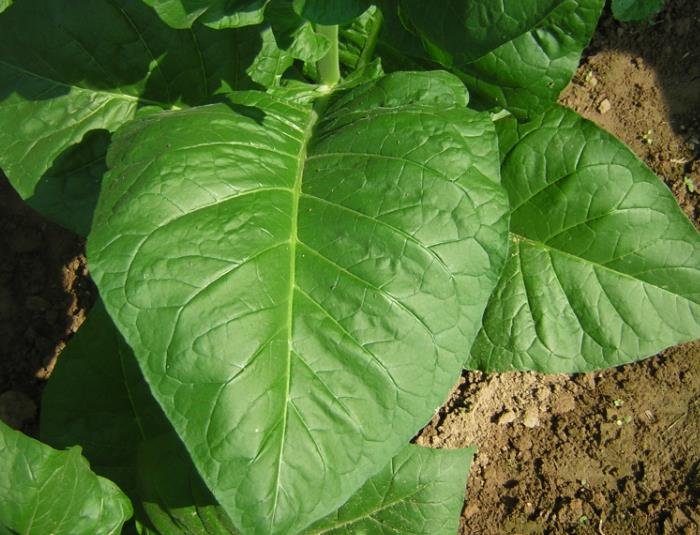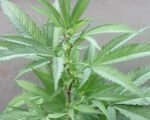In the fertile fields of Pelagonia, North Macedonia, farmers are diligently handpicking tobacco leaves, a tradition that has been passed down through generations. This region, nestled between the cities of Bitola and Prilep, is renowned for its agricultural productivity, particularly in tobacco cultivation. The meticulous process of handpicking ensures the quality of the leaves, which are then dried and processed for various uses. This year’s harvest is particularly significant as it highlights the resilience and dedication of the local farming community amidst economic and environmental challenges.

The Tradition of Tobacco Farming
Tobacco farming in Pelagonia is more than just an agricultural activity; it is a way of life. The region’s climate and soil conditions are ideal for growing high-quality tobacco, making it a vital part of the local economy. Farmers in Pelagonia have honed their skills over decades, mastering the art of cultivating and harvesting tobacco. The process begins with planting the seeds in early spring, followed by careful nurturing of the plants through the growing season.
Handpicking the leaves is a labor-intensive task that requires precision and expertise. Farmers select the leaves at the right stage of maturity to ensure optimal quality. This method, though time-consuming, is preferred over mechanical harvesting as it minimizes damage to the leaves. The harvested leaves are then strung on sticks and left to dry in well-ventilated barns, a process that can take several weeks. This traditional approach preserves the unique characteristics of Pelagonia’s tobacco, making it highly sought after in the market.
Economic Significance and Challenges
Tobacco farming plays a crucial role in the economy of North Macedonia, particularly in rural areas like Pelagonia. It provides employment for thousands of families and contributes significantly to the region’s income. However, the industry faces several challenges, including fluctuating market prices, competition from other tobacco-producing countries, and the impact of climate change. These factors have made it increasingly difficult for farmers to sustain their livelihoods.
Despite these challenges, the farmers of Pelagonia remain resilient. They have adapted to changing conditions by adopting new farming techniques and diversifying their crops. Government support and subsidies have also played a role in sustaining the industry. Initiatives aimed at improving infrastructure, providing access to better farming equipment, and promoting sustainable practices are essential for the future of tobacco farming in the region.
The Future of Tobacco Farming in Pelagonia
Looking ahead, the future of tobacco farming in Pelagonia will depend on several factors. Continued support from the government and investment in modern farming technologies will be crucial. Additionally, exploring alternative markets and diversifying agricultural production can help mitigate the risks associated with tobacco farming. There is also potential for developing value-added products, such as organic and specialty tobacco, which can command higher prices in the market.
Education and training programs for farmers can further enhance their skills and knowledge, enabling them to adopt more efficient and sustainable farming practices. Collaboration with research institutions and agricultural experts can lead to innovations that improve crop yields and quality. By embracing these opportunities, the farmers of Pelagonia can ensure the long-term viability of their industry and continue to contribute to the region’s economic prosperity.
The handpicking of tobacco leaves in Pelagonia is a testament to the dedication and hard work of the local farming community. As they navigate the challenges and opportunities of the modern agricultural landscape, their commitment to preserving this tradition remains unwavering.
David Johnson is a respected writer known for his expertise in crafting compelling articles about cannabis. With a passion for exploring the intersection of cannabis, health, and wellness, he sheds light on the therapeutic properties and potential uses of this versatile plant. David’s in-depth analysis and thought-provoking commentary offer readers a deeper understanding of the evolving landscape of cannabis legislation, consumption methods, and industry trends.








